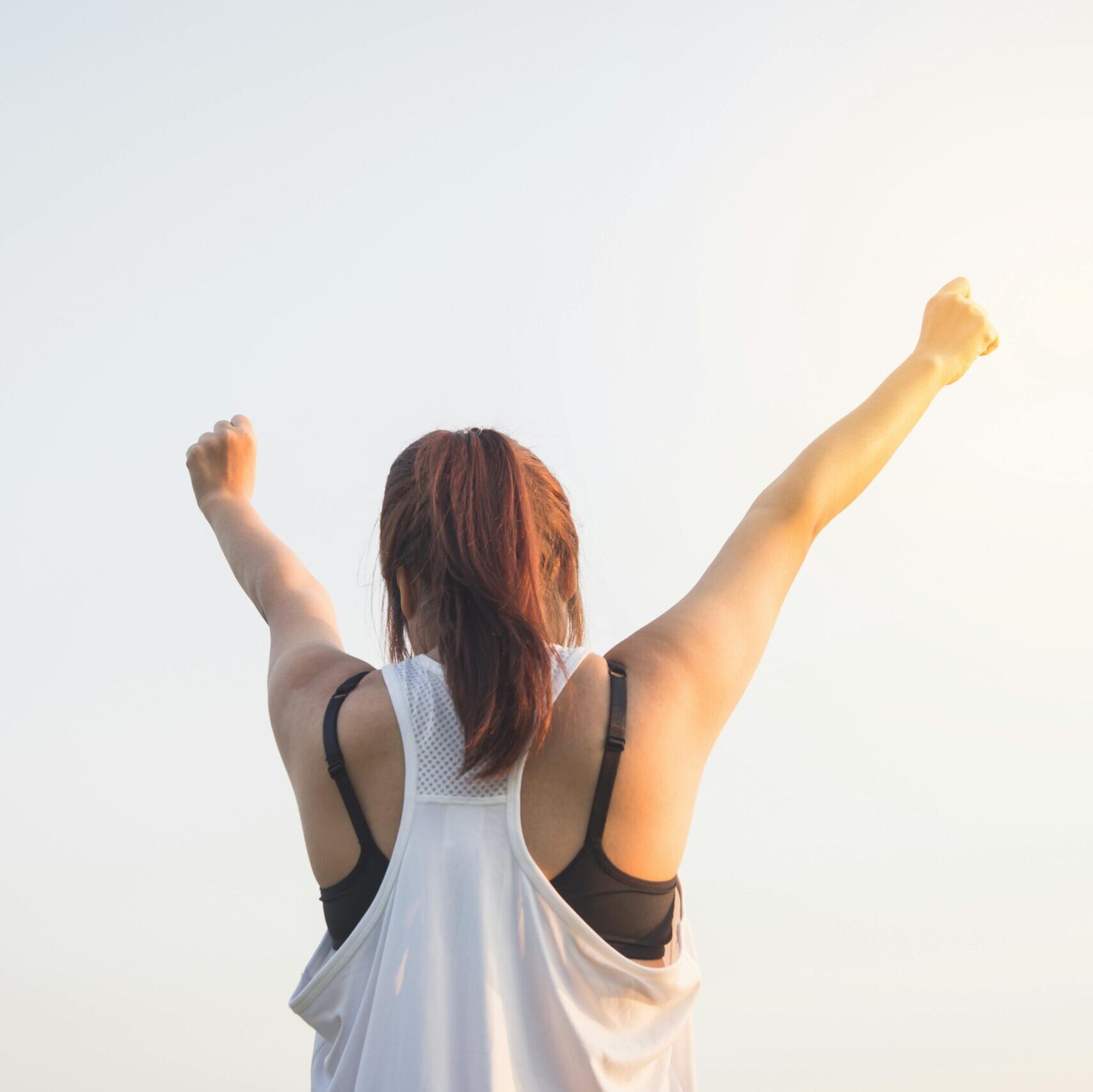Discover the transformative benefits of minimalism. Learn how to declutter your physical and mental spaces, reduce stress, increase focus, and enhance your overall well-being.
In today’s fast-paced world, cluttered spaces can often lead to cluttered minds. A minimalist lifestyle, characterized by owning fewer material possessions, can promote simplicity, reduce stress, and enhance overall well-being. This article will explore the benefits of minimalism and provide practical tips for adopting a minimalist lifestyle.
The Benefits of Minimalism
- Reduced Stress and Anxiety: Research has shown that clutter can contribute to feelings of stress and anxiety. By decluttering your physical space, you can create a more calming and peaceful environment, reducing your overall stress levels.
- Increased Focus and Productivity: A clutter-free environment can help you concentrate better and be more productive. When your surroundings are organized and free from distractions, it’s easier to focus on tasks and achieve your goals.
- Enhanced Creativity and Innovation: Minimalism can stimulate creativity by removing distractions. When your mind isn’t cluttered with unnecessary possessions, you may find it easier to generate new ideas and think outside the box.
- Improved Mental and Emotional Well-being: Decluttering your physical space can have a positive impact on your mental and emotional health. By reducing clutter, you can create a sense of order and control in your life, which can lead to greater feelings of peace and happiness.
- Financial Freedom: Owning fewer possessions can lead to significant financial savings. By reducing your consumption, you can save money on purchases, storage costs, and maintenance expenses.
- Environmental Consciousness: A minimalist lifestyle reduces consumption and waste. By owning fewer possessions, you contribute to a more sustainable planet and reduce your environmental impact.
Tips for Embracing a Minimalist Lifestyle
- Start Small: Begin by decluttering a small area, such as a drawer or closet. This will help you get started without feeling overwhelmed.
- Digital Detox: Limit your screen time and reduce digital clutter. Just as physical clutter can be overwhelming, digital clutter can also contribute to stress and anxiety. Take a break from screens regularly and declutter your digital devices.
- One In, One Out: For every new item you bring into your home, get rid of something old. This rule helps prevent clutter from accumulating over time.
- Capsule Wardrobe: Create a versatile wardrobe with essential pieces. A capsule wardrobe can help you reduce the number of clothes you own while still having a variety of options.
- Experience Over Possessions: Focus on experiences rather than material things. Research shows that experiences often provide greater happiness and satisfaction than possessions.
- Mindful Consumption: Be intentional about what you buy and why. Before making a purchase, ask yourself if you truly need it and if it will add value to your life.
- Practice Gratitude: Appreciate what you have, rather than focusing on what you lack. Cultivating a sense of gratitude can help you find joy in the simple things.
Embracing a minimalist lifestyle can have a profound impact on your mental, emotional, and financial well-being. By decluttering your life and focusing on what truly matters, you can experience a greater sense of peace, freedom, and happiness.

